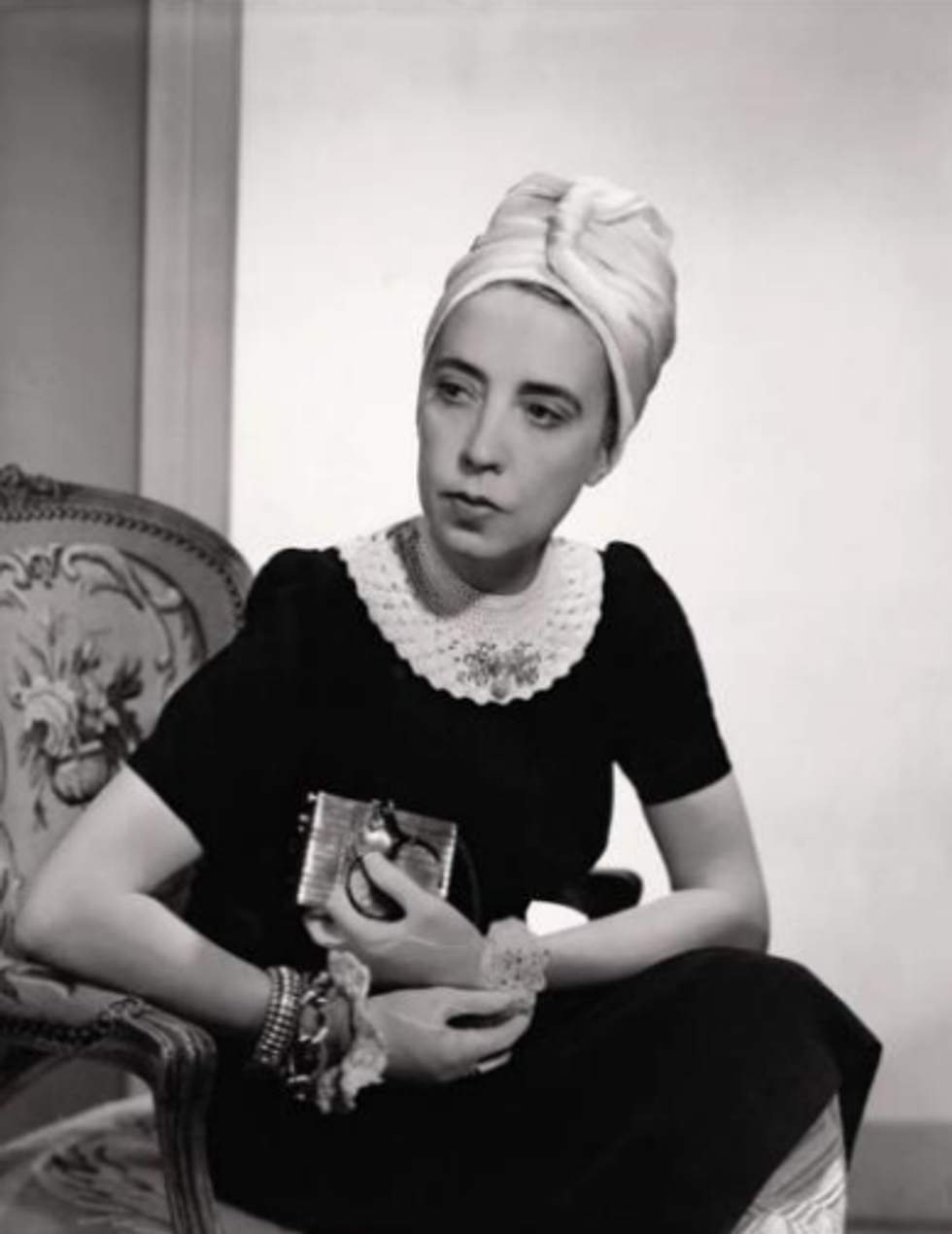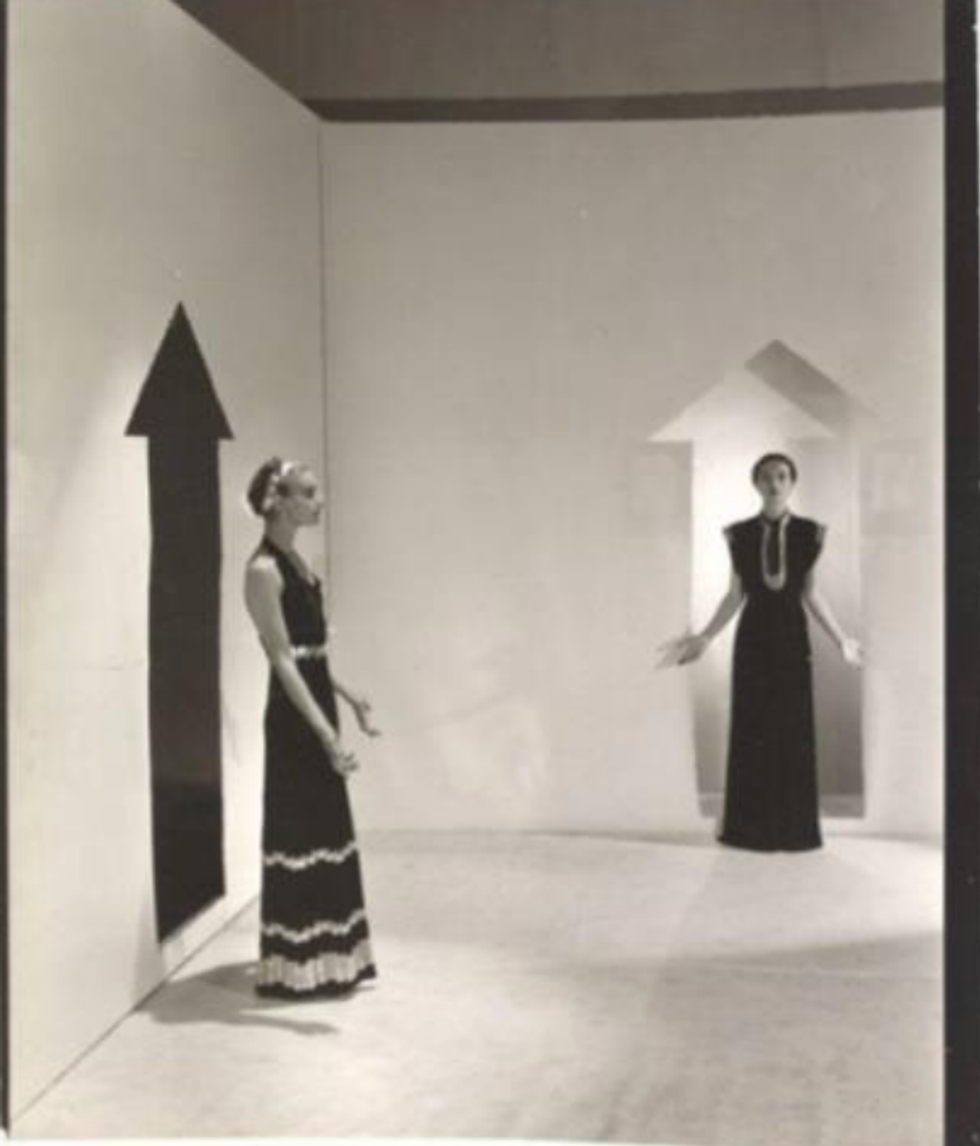The UK government on Monday(15) introduced mandatory hotel quarantine rules for arrivals from dozens of countries deemed 'high risk' for coronavirus variants, as it tries to stop new strains spreading.
The new policy requires all UK citizens and permanent residents entering England from 33 countries on a wider travel ban list to self-isolate in approved hotels for 10 days and take several Covid-19 tests.
Other visitors from the countries currently on the so-called "red list", which includes all South American nations, South Africa and Portugal, are currently barred from visiting under lockdown rules.
Arrivals found to have given false information about being in one of the countries 10 days before travel could receive up to 10 years in prison -- which has drawn criticism for being excessive.
The government says it has signed contracts with 16 hotels so far, securing nearly 5,000 rooms near English airports, with a further 58,000 rooms on standby.
"The rules coming into force today will bolster the quarantine system and provide another layer of security against new variants at the border," said health secretary Matt Hancock, adding that they would also protect the national vaccination programme as the country worked "towards restoring normal life".
The 11-night quarantine will cost people £1,750 ($2,420) and includes transport, food, accommodation and security costs, as well as other essential services and testing.
Passengers must have a negative Covid-19 test result from within three days of travel, and book and pay for the package before setting off for Britain.
They will then take further tests on day two and eight of their stays.
The hotel occupants will only be able to leave their rooms in "very limited circumstances", with exercise among them but requiring "special permission" from staff or security.
Anyone refusing to take tests risks a fine of between £1,000 and £2,000, while those who do not self-isolate could have to pay between £5,000 and £10,000.
A limited list of exemptions from the measures include hauliers travelling from Portugal, defence personnel, visiting forces, government contractors and diplomatic missions.
Foreign secretary Dominic Raab said Sunday(14) the new regime would provide "extra safeguarding" as Britain looks to ease strict lockdown measures next month after weeks of falling infection rates.
"We think we've got the right balance -- robust measures, but targeted measures," he told Sky News, branding calls for a blanket travel ban disproportionate.
The UK government unveiled the plans earlier this month following pressure to tighten Britain's borders amid fears foreign virus variants could derail the country's so far successful mass vaccination programme.
It has vaccinated 15 million of the most vulnerable people with a first jab, and is looking to inoculate all over-50s by May.
Ministers last month scrapped the previous "travel corridors" system that allowed unchecked travel from countries with lower caseloads.
The UK now requires all arrivals from non-"red list" countries to show negative Covid-19 tests and then self-isolate for 10 days at a place of their own choosing.
However, Scottish first minister Nicola Sturgeon has urged the UK government to impose the new hotel quarantine system on arrivals from every country.
Her devolved government was still finalising plans over the weekend to impose a blanket policy on those landing directly in Scotland from Monday.


















 Vogue 1940; Designer Elsa Schiaparelli wearing black silk dress with crocheted collar of her own design and a turbanFredrich Baker/Condé Nast via Getty Images
Vogue 1940; Designer Elsa Schiaparelli wearing black silk dress with crocheted collar of her own design and a turbanFredrich Baker/Condé Nast via Getty Images 'Tears' Evening dress and head veil, designed by Elsa Schiaparelli, February 1938 for Circus Collection, summer 1938. Fabric designed by Salvador Dali Victoria and Albert Museum, London
'Tears' Evening dress and head veil, designed by Elsa Schiaparelli, February 1938 for Circus Collection, summer 1938. Fabric designed by Salvador Dali Victoria and Albert Museum, London Natasha Poonawalla attends The 2022 Met GalaGetty Images
Natasha Poonawalla attends The 2022 Met GalaGetty Images  Vogue 1936; Two models, standing in a white room with arrows painted on walls and wearing dresses by Schiaparelli;Cecil Beaton/Condé Nast via Getty Images
Vogue 1936; Two models, standing in a white room with arrows painted on walls and wearing dresses by Schiaparelli;Cecil Beaton/Condé Nast via Getty Images


 Many of these beaches are tidal and best enjoyed at low tideiStock
Many of these beaches are tidal and best enjoyed at low tideiStock It’s also unofficially clothing-optionaliStock
It’s also unofficially clothing-optionaliStock Framed by the turquoise seaiStock
Framed by the turquoise seaiStock It’s best visited early or late in the dayiStock
It’s best visited early or late in the dayiStock